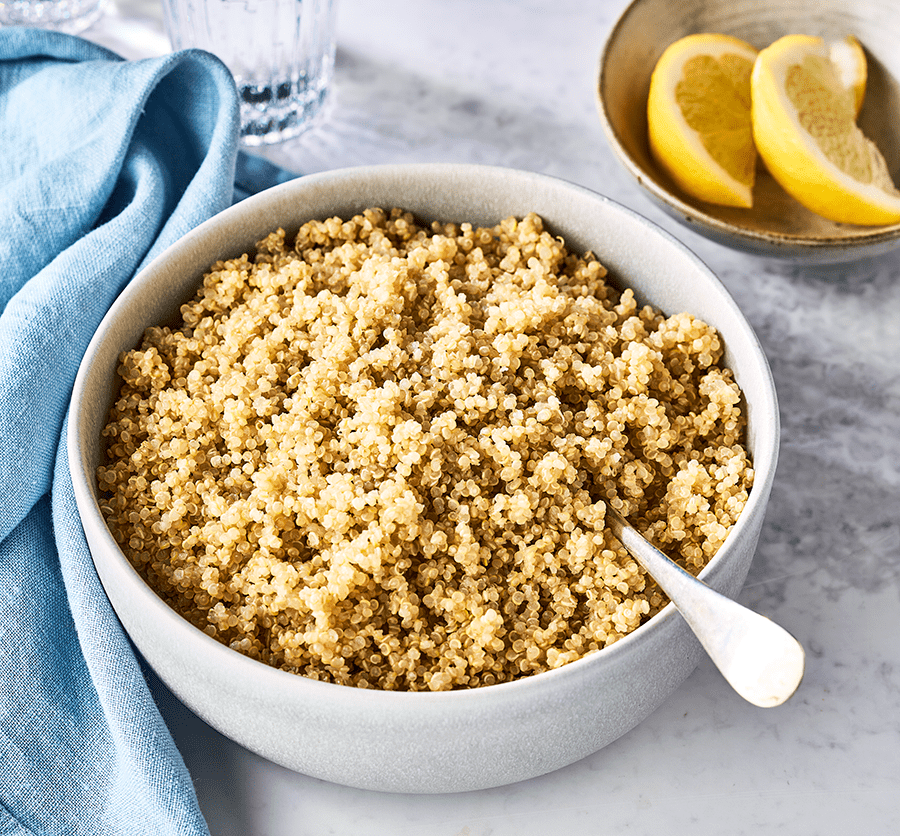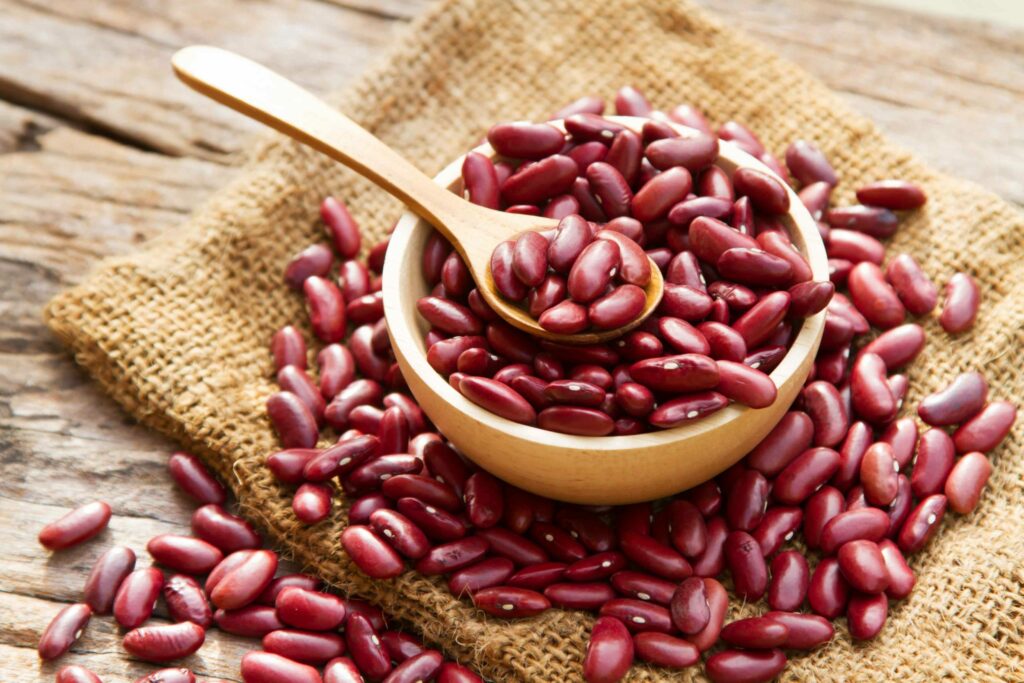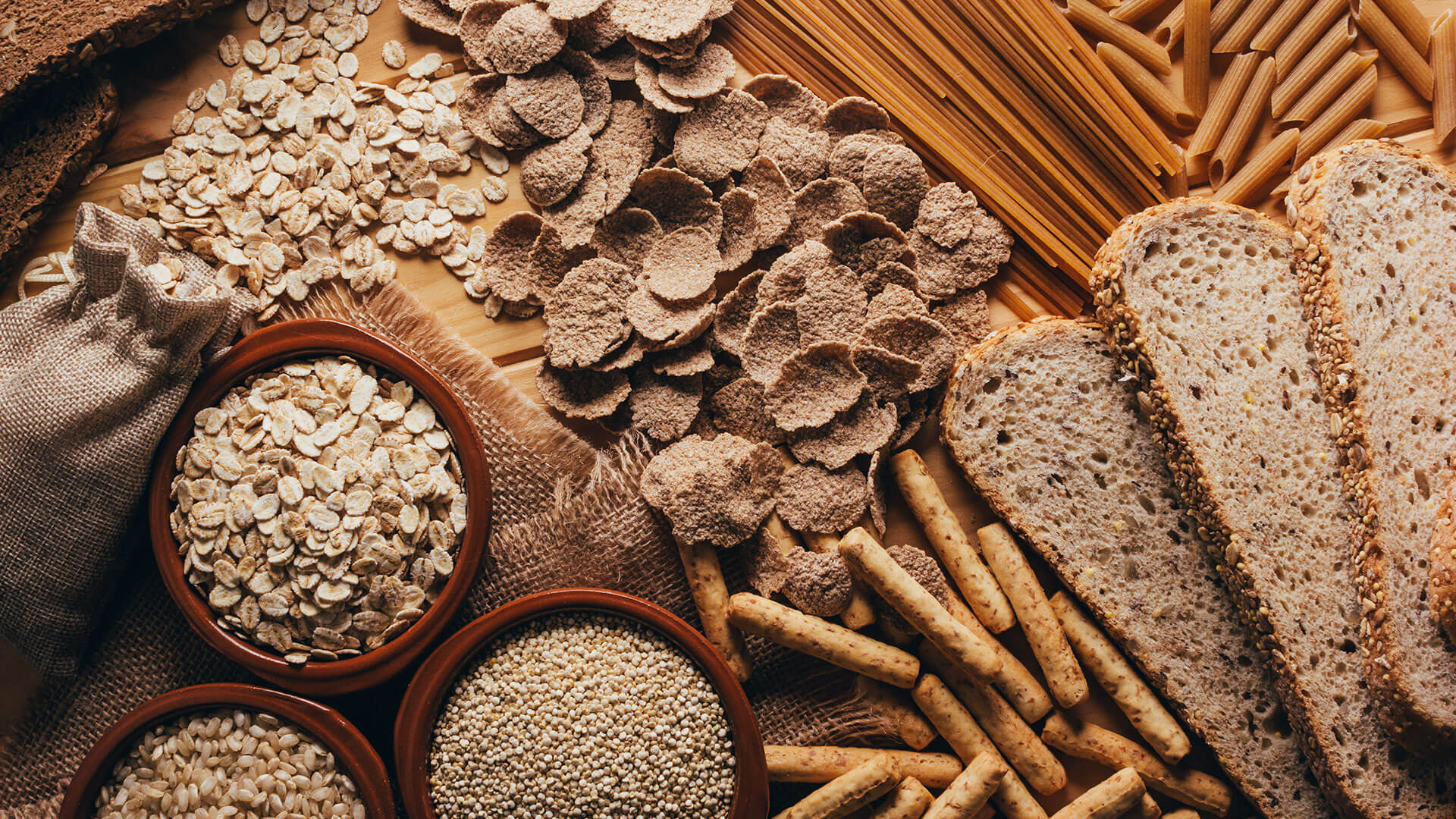Carbohydrates, including high-carb foods, play an important role in providing energy to the body. They are an essential source of fuel for the brain, central nervous system, and muscles.
It is important to note that the quality of carbs in a diet matters and the focus should be on consuming nutrient-dense high-carb foods rather than highly processed foods high in added sugars and refined carbohydrates.
Here are 8 high-carb foods which are essential for you health.
1. Oats
Oats are wholesome grains loaded with nutrients, antioxidants, fiber, vitamins, minerals, and protein. A single cup of raw oats (81g) contains 70% carbohydrates, including 54g of carbs and 8g of fiber, primarily from oat beta-glucan. Oats also offer a decent amount of protein and have been linked to a reduced risk of heart disease by lowering cholesterol levels. Moreover, consuming oats may help regulate blood sugar levels in individuals with type 2 diabetes and promote healthy weight management due to their filling nature.
2. Quinoa
Quinoa is an incredibly nutritious seed that has become incredibly popular among health-conscious consumers. It’s classified as a pseudocereal, a seed prepared and eaten like a grain. Quinoa contains 70% carbs, making it a high-carb food. However, it’s also a source of protein and fiber, which will help keep you full for longer and help keep your blood sugar levels more stable. High in potassium and magnesium, quinoa may also help support heart health.

3. Sweet potatoes
Sweet potatoes are a delicious and nutritious tuber or root vegetable that’s full of vitamins, minerals, and antioxidants. One-half cup (100 grams) of drained, raw sweet potatoes with skins provides 20.7 grams of carbs, which consists of starch and sugar bound together with fiber. Sweet potatoes are also a rich source of vitamin A, vitamin C, and potassium.
4. Bananas
Bananas are a popular fruit people love to use in many different recipes. One large banana (136 grams) contains about 31 grams of carbs, either in the form of starches or sugars. Bananas are also high in vitamins B6 and C, and in potassium, a mineral that helps prevent high blood pressure and keep your heart healthy, and they contain several beneficial plant compounds. Unripe, green bananas are higher in starch. This transforms into natural sugars as the bananas ripen, turning yellow in the process. Thus, you’ll tend to get more starch and less sugar if you eat your bananas when they’re less ripe, which can improve digestive health.
5. Blueberries
Blueberries are a delicious and nutritious fruit. Despite their small size, blueberries pack a powerful punch in terms of nutrition, being a rich source of antioxidants, vitamins, and minerals. They contain high concentrations of antioxidants that guard the body against oxidative damage and reduce the risk of chronic diseases. Blueberries also contain minerals such as manganese and potassium, which boost brain function, improve memory and enhance cognitive performance when you need to stay sharp late at night. In conclusion, blueberries are a simple and effective way to improve your overall health and well-being.
6. Kidney Beans
Kidney beans are a nutritious legume with a high content of carbohydrates, protein, and essential vitamins and minerals. They provide a good source of energy, as well as fiber for digestive health, with approximately 21.5 grams of carbs in a 100-gram serving of cooked beans.
Kidney beans also boast a wealth of antioxidants, that contribute to their numerous health benefits, so consuming kidney beans, can improve blood sugar regulation and reduce the risk of colon cancer. This versatile legume is a key ingredient in many traditional dishes, making it a tasty and nutritious addition to any diet.

7. Buckwheat
Buckwheat is a nutritious alternative to traditional wheat-based grains. Unlike its name, it does not contain gluten. 100 grams of raw buckwheat contains 75 grams of carbohydrates, while cooked buckwheat groats have 19.9 grams of carbs per serving. Buckwheat is richer in many ways than other grains, such as protein and fiber, and has a higher concentration of minerals and antioxidants. Research has shown that consuming buckwheat may have a positive impact on heart health and blood sugar regulation.
8. Beets
Beets are a purple root vegetable that people sometimes refer to as beetroots. While they aren’t considered high in carbs overall, they do have a lot for a non-starchy vegetable. Raw and cooked beets contain about 10 grams of carbs per 100 grams, mainly from sugar and fiber. They’re also high in vitamins, minerals, and plant compounds. Beet juice is also very high in nitrates, and athletes sometimes use it to enhance their physical performance. That’s because nitric oxide relaxes your blood vessels, allowing oxygen to flow more efficiently during exercise.



